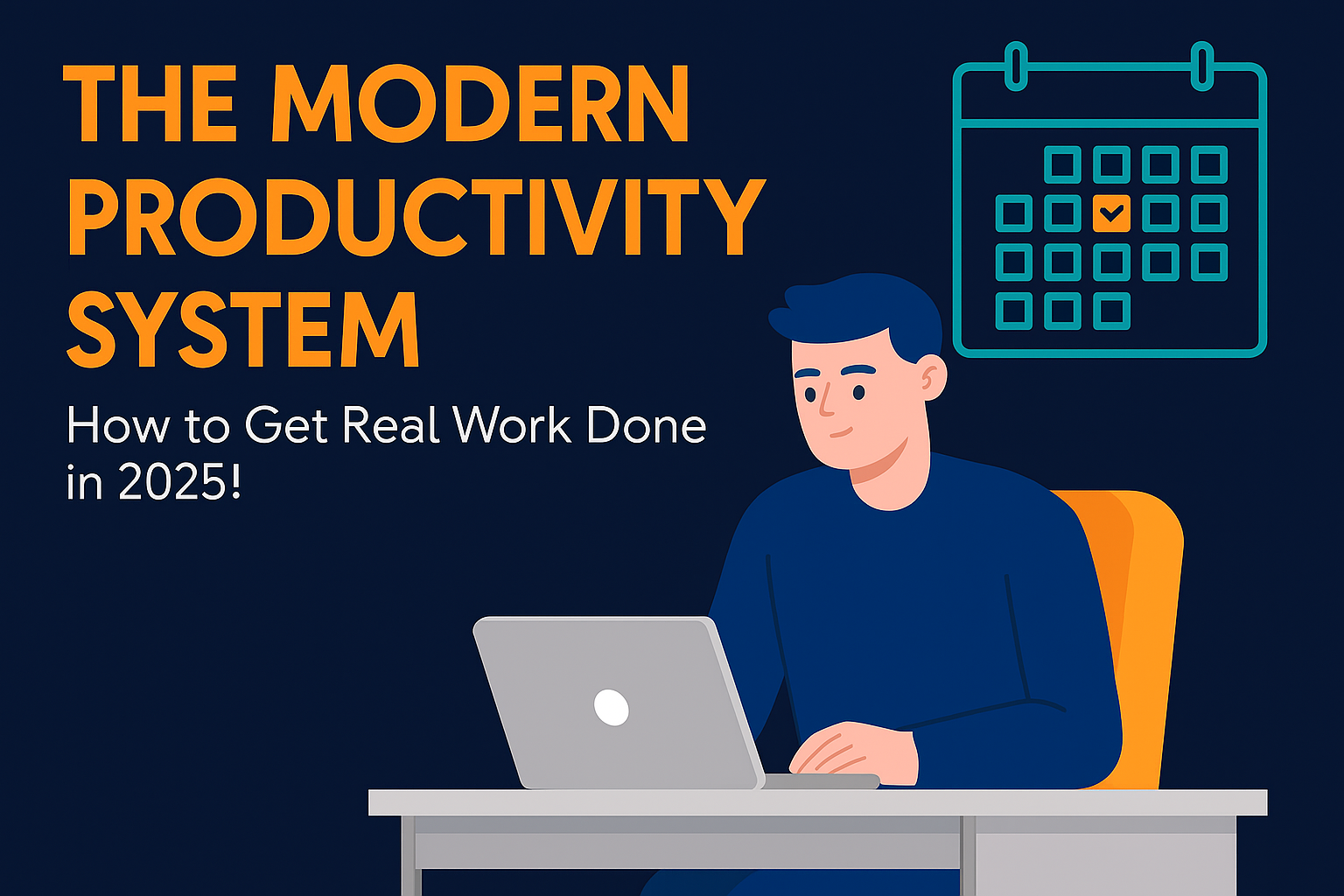
Living a balanced life requires more than occasional good choices — it requires cultivating healthy habits that support your body, mind, and spirit every single day. Small, consistent actions build momentum and create a foundation for long-term well-being. In this guide, we’ll dive deep into practical strategies for nutrition, exercise, sleep, mindfulness, stress management, and more. This is not just a list of tips but a complete blueprint for transforming your life with habits that actually last.
Key idea: Healthy habits are less about willpower and more about systems. If you create the right environment and routines, success becomes automatic.
Why Habits Matter
Habits shape nearly half of our daily actions. From the time we brush our teeth to the way we prepare meals or handle stress, our habits determine the quality of our health and happiness. Building healthy habits gives us the power to design a lifestyle that supports energy, focus, and emotional stability.

Science shows that habits form through repetition and reward. By starting small, linking habits to existing routines, and celebrating progress, anyone can rewire their brain to embrace positive behaviors.
Nutrition: Fueling Your Body the Right Way
1. Eat Whole Foods
Whole foods — fruits, vegetables, whole grains, nuts, seeds, and lean proteins — provide the nutrients your body needs to function at its best. Highly processed foods, on the other hand, are often loaded with added sugars, unhealthy fats, and chemicals that drain energy and harm long-term health.

2. Hydration is Key
Water plays a critical role in digestion, circulation, temperature regulation, and brain function. Dehydration can cause fatigue, poor concentration, and headaches.
- Aim for 8–10 glasses of water per day.
- Infuse water with lemon, cucumber, or berries for flavor.
- Limit sugary drinks and excessive caffeine.
3. Balanced Meals
A simple formula for healthy meals is ½ vegetables + ¼ protein + ¼ whole grains + healthy fats. This balance supports blood sugar stability and reduces energy crashes.

Exercise: Movement for Energy and Longevity
1. The Power of Consistency
Exercise doesn’t have to be extreme. Even 20–30 minutes of daily activity makes a profound difference in mood, energy, and long-term health.

2. Types of Exercise
- Cardio: Running, cycling, swimming, or brisk walking improves heart health.
- Strength training: Builds muscle, supports metabolism, and prevents age-related decline.
- Flexibility and balance: Yoga, Pilates, or stretching reduces injury risk and supports mobility.
3. Make It Fun
The best exercise is the one you enjoy. Dancing, hiking, or even active play with kids counts. Find movement that excites you so it never feels like a chore.
Sleep: The Foundation of Recovery
1. Why Sleep Matters
Sleep is when the body heals, the brain consolidates memories, and emotions reset. Without quality sleep, even the best diet and exercise won’t deliver results.

2. Sleep Hygiene Tips
- Stick to a regular sleep schedule.
- Limit screen exposure at night.
- Keep your bedroom cool, dark, and quiet.
- Create a calming pre-bed ritual such as reading or journaling.
3. The Role of Naps
Short naps (10–20 minutes) can recharge energy and focus. Longer naps may cause grogginess but can help if you’re sleep-deprived.
Mindfulness and Mental Health
1. Daily Mindfulness Practice
Mindfulness reduces stress by grounding you in the present moment. It can be as simple as paying attention to your breath, your body, or your surroundings without judgment.

2. Gratitude Journaling
Writing down 3 things you are grateful for each day rewires the brain for positivity. This small practice boosts mood, reduces anxiety, and enhances resilience.
3. Digital Detox
Excessive screen time, especially social media, increases stress and comparison. Scheduling daily “unplugged” time improves focus and mental clarity.
Stress Management
1. Breathing Exercises
Breathing deeply through the diaphragm signals safety to the nervous system, lowering cortisol and anxiety.
2. Nature Therapy
Spending time outdoors — whether walking in a park or hiking in the woods — reduces stress hormones and increases calmness.

3. Saying No
Overcommitting drains energy. Learning to set boundaries is one of the most powerful forms of stress prevention.
Building Lasting Healthy Habits
1. Start Small
Instead of trying to overhaul your life in one week, focus on tiny changes. Drink one extra glass of water, take a 10-minute walk, or meditate for two minutes.
2. Use Habit Stacking
Attach a new habit to an existing one. For example: “After I brush my teeth, I will do 5 minutes of stretching.”
3. Track Progress
Journals, apps, or even simple checklists help reinforce habits. Progress tracking provides motivation and accountability.

4. Reward Yourself
Positive reinforcement works. Celebrate milestones with small rewards — not necessarily food, but experiences, books, or activities you love.
Relationships and Social Health
Strong social connections are as vital as exercise or diet. They provide emotional support, reduce stress, and improve longevity.

- Schedule regular meetups with friends and family.
- Practice active listening and empathy.
- Volunteer or join a community group.
Healthy Habits at Work
Work environments can be stressful, but small changes create balance.
- Take breaks every hour to stretch or walk.
- Organize your workspace to reduce clutter.
- Practice deep breathing before stressful meetings.

Conclusion
Living a balanced life isn’t about perfection — it’s about consistent progress. By focusing on nutrition, movement, sleep, mindfulness, relationships, and stress management, you create a holistic system of habits that sustain you physically and mentally. Start small, be patient with yourself, and remember: health is a journey, not a destination.
Takeaway: Choose one habit today and begin. Over time, these small steps will add up to extraordinary change.


